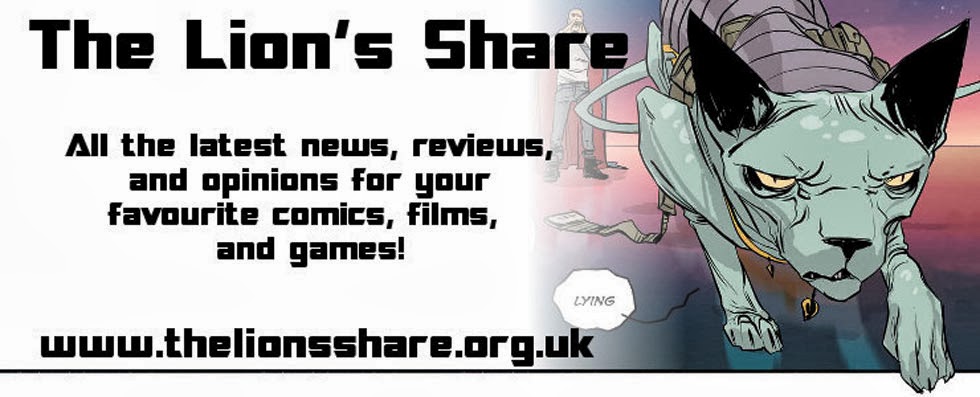There are not many board games that I would be willing to buy my own physical copy of after playing just one game. Small World is one of those lucky few that was in my hands and on its way home with me within days of discovering it was within my reach. It borrows from many other games in its genre, with a generous dose of fantasy to pull it all together.
In Small World, players try to gain as many territories as possible. Players first select one of fourteen different races, randomly paired with one of twenty special powers, to get race units. These units allow them to conquer territories on the board. A territory requires two units to conquer, plus one extra unit for every token already present (enemy units, mountain tokens, lost tribe units, and so on), so managing your resources is vital. You may choose to redeploy your units after expanding your empire, making your territories more difficult for others to conquer. Every territory you occupy earns you one point at the end of your turn.
However, losing territories to other players weakens your race by reducing the number of units available to you in the next round. Eventually you will reach the point where your race becomes stretched too thin to maintain control of your territories. This is when you put your race into decline. You are no longer able to attack and conquer other lands with that race – but one declined unit stays in each territory, earning you points until they are conquered. You also then get to pick a new “active” race and special power combination, and start again. The player who has the most points at the end of ten rounds is the winner.
This is a game that has just the right amount of strategy. Winning a game is a challenge, especially if you're playing against a more seasoned player, but not so difficult to be off-putting. The unique bonuses of each race and special power guarantee a different experience every time you play. No single race or ability is singularly better than any other, and there is a large element of luck in getting a good combination. One of the best benefits of this is the multiple ways to win – there is no guaranteed way to beat your opponents.
Even the way the game is put together is incredibly well thought out. There are four different board configurations, and which one you use depends on how many players are in the game. There are individual sized sections in the box designed specifically for all the pieces, making organisation a breeze – an essential for a game with a lot of bits and bobs to keep track of.
In fact, that seems to be one of the game's greatest drawbacks. There are literally hundreds of pieces, many of which may not even be used in a single game. Essential as they are, keeping all those tiny bits together and within easy reach of the board is not an easy task once it's all out on the table.
The only other issue I can see with this game is in the race and power combinations. In most games, the combinations are random enough to make the races relatively equal, giving no player an extreme advantage over the others. Occasionally, though, a combination will pop up that is incredibly powerful, such as the Spirit Ghouls, or pathetically worthless, like the Merchant Dwarves. This could be helped by having more possible races to play, making the likelihood of those particular pairings more rare. The expansions to Small World help with that, adding more races to the pool of possibilities.
If you haven't played Small World, you haven't experienced what I consider to be one of the most finely crafted board games I've played in recent months. If you'd rather give it a go digitally, there is a limited iOS version available for iPad.
For more from guest blogger Rae, please check out her website





No comments:
Post a Comment